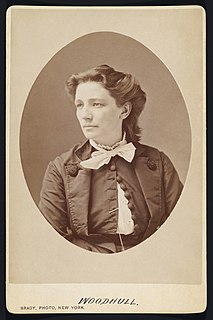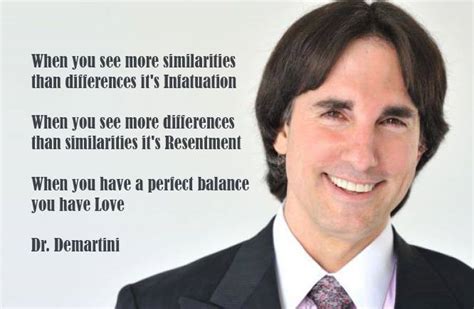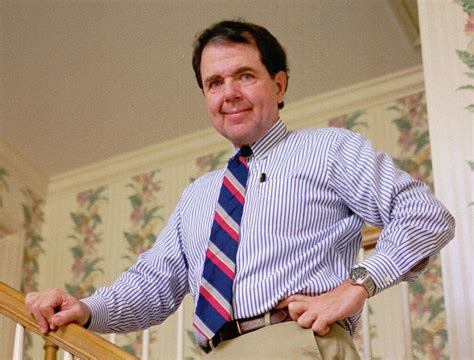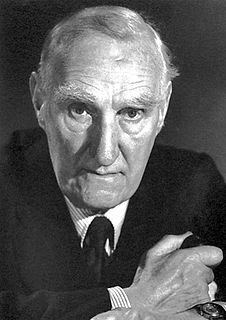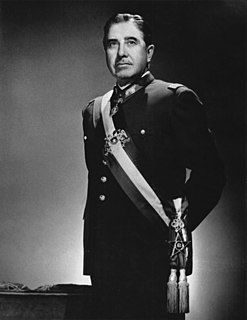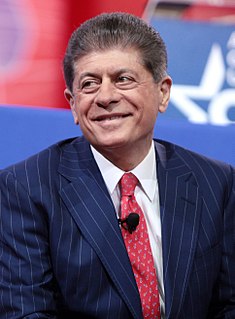A Quote by Confucius
When wealth is centralized, the people are dispersed. When wealth is distributed, the people are brought together.
Quote Topics
Related Quotes
If exclusive privileges were not granted, and if the financial system would not tend to concentrate wealth, there would be few great fortunes and no quick wealth. When the means of growing rich is divided between a greater number of citizens, wealth will also be more evenly distributed; extreme poverty and extreme wealth would be also rare.
The number one reason most people don't get what they want is that they don't know what they want. Rich people are totally clear that they want wealth. They are unwavering in their desire. They are fully committed to creating wealth. As long as it's legal, moral, and ethical, they will do whatever it takes to have wealth. Rich people do not send mixed messages to the universe. Poor people do.
I start from the supposition that the world is topsyturvy, that things are all wrong, that the wrong people are in jail and the wrong people are out of jail, that the wrong people are in power and the wrong people are out of power, that the wealth is distributed in this country and the world in such a way as not simply to require small reform but to require a drastic reallocation of wealth. I start from the supposition that we don't have to say too much about this because all we have to do is think about the state of the world today and realize that things are all upside down.


